Der größte Geldtransport der Geschichte - Wie die D-Mark in den Osten kam (2020)
ジャンル : ドキュメンタリー
上映時間 : 0分
演出 : Martina Schuster, Johannes Thürmer
シノプシス
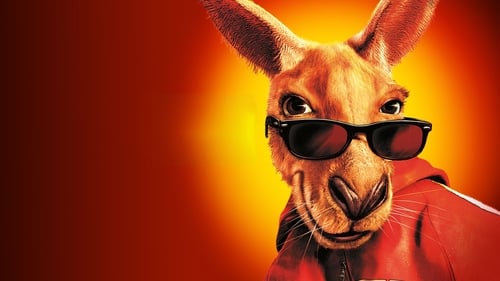
Two childhood friends — a New York hairstylist and a wanna-be musician — get mixed-up with the mob and are forced to deliver $50,000 to Australia, but things go all wrong when the money is lost to a wild kangaroo.

大ヒットとなった同名のミステリー小説の映画化。田舎で平凡な暮らしを送るハンクは、雪に覆われた森の中に墜落した自家用飛行機の中から現金440万ドルを発見する。この大金が自分達の未来を変えると信じた彼は、妻のサラ、どん底の暮らしを送る兄のジェイコブらと共に、現金を自分達の物にするための“シンプルな”計画を実行に移すが……。欲望が巻き起こす悲劇のクライマックスには、小説版とは異なるアレンジが加えられている。
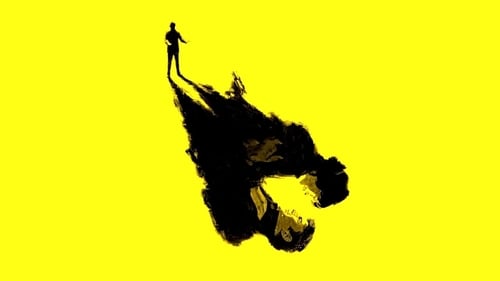
ニューオーリンズの実業家マイケルは、愛妻エリザベスとの結婚10周年を祝うパーティーを開き、友人たちから祝福される。ところがその晩、エリザベスと娘のエイミーが何者かに誘拐され、犯人と人質の乗る車が警察の追跡を受けて逃走中、川の中へ転落。愛する妻子を失って、マイケルの運命は一気に暗転する。それから16年後、イタリアのフィレンツェを訪れた彼は、亡き妻にうり二つの女性と出会い、驚く。
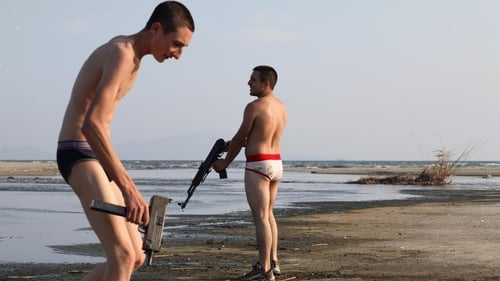
An inside look at Italy's modern-day crime families, the Camorra in Naples and Caserta. Based on a book by Roberto Saviano. Power, money and blood: these are the "values" that the residents of the Province of Naples and Caserta have to face every day. They hardly ever have a choice and are forced to obey the rules of the Camorra. Only a lucky few can even think of leading a normal life.
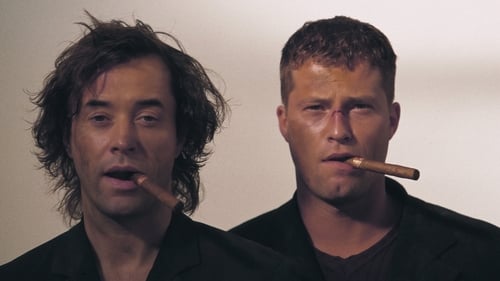
Two young men, Martin and Rudi, both suffering from terminal cancer, get to know each other in a hospital room. They drown their desperation in tequila and decide to take one last trip to the sea. Drunk and still in pajamas they steal the first fancy car they find, a 60's Mercedes convertible. The car happens to belong to a bunch of gangsters, which immediately start to chase it, since it contains more than the pistol Martin finds in the glove box.
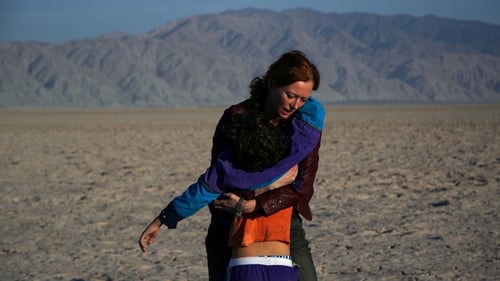
An alcoholic becomes involved in a fellow A.A. member's plan to kidnap her young son from the boy's wealthy grandfather.

In 1989, thirteen GDR scientists and technicians set off from East Berlin to the Georg Forster research station in the Antarctic. During their expedition the Berlin Wall fell on November 9th. Cut off from the images that go around the world, the men can only experience the historical events passively. When they returned in the spring of 1991, their homeland was a foreign country. The documentary reconstructs the thoughts and feelings of the East German researchers on the basis of eyewitness accounts, diary excerpts, letters, film material, grandiose landscape shots from the location of the action and unique photos to make the consequences of the events tens of thousands of kilometers away on the small GDR expedition in the middle of the eternal ice tangible.
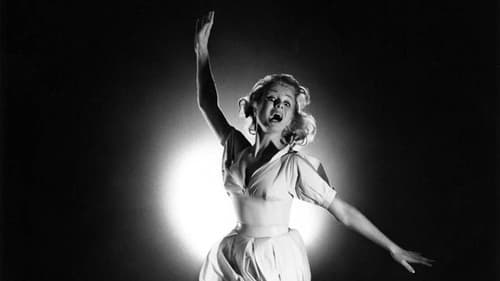
A mad bomber holds an innocent family hostage.

In reunified Berlin, a city guide from the Eastern part of the city offers tours for West Berliners and grapples with his pre and post "Wende" identity.

Volker Koepp revisits Zehdenick and Grüneberg, East Germany. People are struggling with the new political and economical conditions shortly before the German Reunification.

In late 1990 times are changing in Zehdenick, Brandenburg: Russian troops are leaving, the German Reunification brings euphoria and new hope, but unemployment rises steadily.

The vegetables come from the garden behind the house, the fish comes out of a can, and money for bread is earned at the factory. It’s because of this money that they came here. Women from Turkey stand side-by-side with women form Mecklenburg at the conveyor belt of a fish-processing factory in Lübeck. Their hands are stained brown, the pungent smell of fish clings to them, and their arms and backs ache. If these jobs were done by men, machines would have been invented long ago to replace them. But female labour is cheap and the women do not complain. They have learned to work – and therein lies the source of their pride. (Source: https://www.artechock.de/film/text/filminfo/g/ge/gefubr.htm)

Journalist Daniela Dahn interviews the East-German author Christa Wolf during the German reunification: reflections on history, changing politics, life and work.
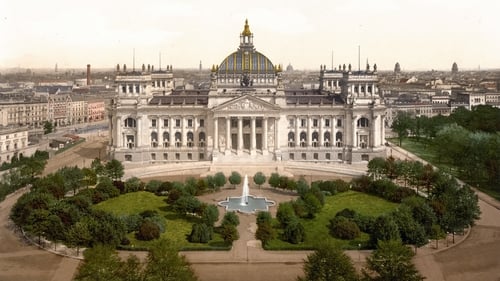
Docudrama telling the story of a building with a breath taking career that began in the empire, flourished in the Weimar Republic, perished in the Nazi dictatorship, and was rebuilt after its partial destruction.

Outside Time is the second feature film of Andreas Kleinert, a German director who grew up in the GDR and who started making films at the time of the fall of the Wall. The film is set in a small town somewhere in Brandenburg, a place which is rapidly falling "outside time"; since it cannot keep pace with the changes brought about by unification and the transformation of the former GDR. The Russian troops stationed there have withdrawn and their barracks have turned into rat-infested ruins; the intercity trains do not stop there any more and even the regional railway link to Berlin is going to be suspended. Most young people are leaving. When Sophie introduces her lover to her mother and her brother, Sergej becomes embroiled in the incestuous tensions underlying the relationship between Sophie, her brother, Georg, and her mother. The arrival of the Russian implodes the claustrophobic sham existence that held this dysfunctional family together.

A tragi-comedy telling the story of the adventures of Robin, Anna, Jost and Leo - the meds - who want to be anything but healthy, happy and mediocre. They all live in a large city in West-Germany and are "Westies" to the core. Precocious, disillusioned, morally eroded, politically bored and sexually sated. Always on the run from the next compromise, they are big kids caught up in their mid-twenties crisis. One day in the midst of all this depression the suspicion arises that one of them is in fact a closet "Eastie", a liar and betrayer, an undercover agent, a neo-Nazi or at least a Stalinist...














